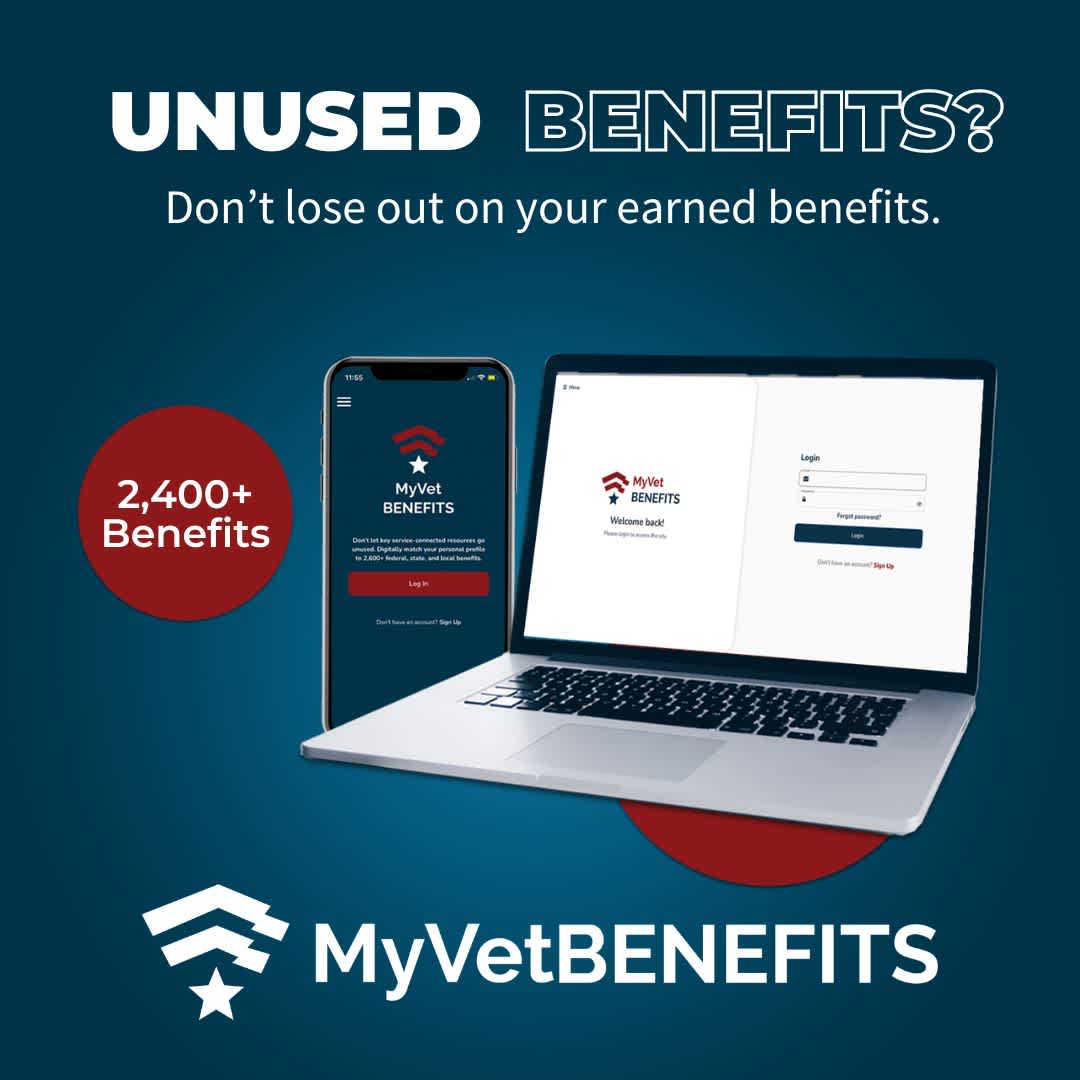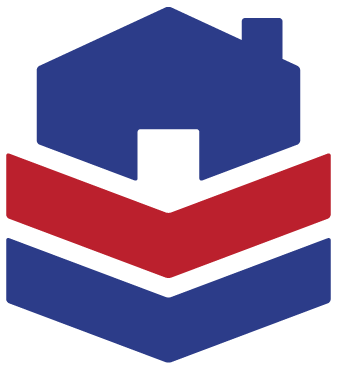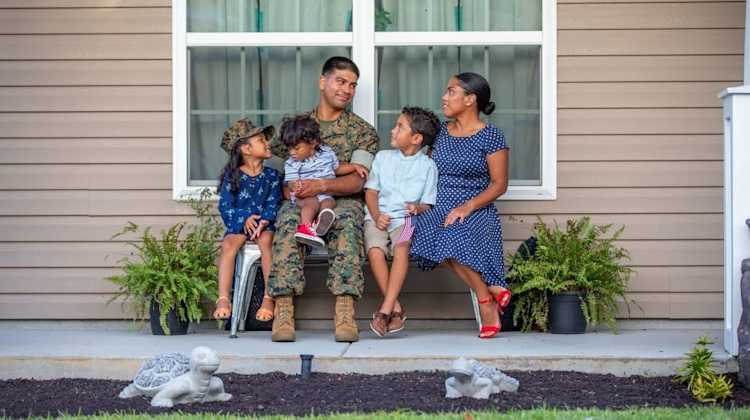3 Paths to Affordable Homeownership After Retirement
by PCSgrades Staff - October 7th, 2021

You’ve proudly served your country and it’s finally time to settle down and buy that “forever home.” You’ve done your homework on where you want to live and now comes the fun part: house hunting. We have plenty of resources for you on how to find the right realtor and tips and tricks for choosing where to live after retirement. After duty station hopping every two to three years courtesy of military orders, we know homeownership might feel a little overwhelming — especially if you don’t have a giant stash of cash for a down payment (and if you do, congratulations and keep reading – there’s great information in here for you, too!). We’re here to help you understand how you can buy that first house after transitioning to civilian life.
Here are 3 paths to affordable homeownership after retirement
1 . Loan options
Whether you have the recommended 20% of your prospective home’s value for a down payment or if you have $0 in hand, there is a loan option for you. Typically, veterans pursue one of three loan options: conventional, VA, or USDA.
Conventional loan
A conventional loan is one that isn’t backed by a government agency. These types of loans are offered through credit unions, banks and other financial institutions. While most want you to have that magical 20% for a down payment, you can find offers for significantly lower – just know there are terms attached (for example, you may have to pay a private mortgage insurance which can cost up to 1.5% of the loan amount, annually). Conventional loans are typically for 30 years, but depending on the lending institution and factors like your credit score and down payment, you can find other options. Be sure to explore every possibility with your lender to understand any hidden fees and all of the terms.
VA loan
Perhaps the most popular option in the military community is the ever-loved VA Loan. The VA Loan is a $0 down mortgage, which is partially or fully-backed by the Department of Veterans Affairs (but still issued through a financial institution). Remember how we talked about having to pay a mortgage insurance fee with a conventional loan? With the VA loan, the VA is basically saying, “yeah, we can vouch for that guy and if he doesn’t pay it, we can withhold his paycheck or benefits, or at the very least, we will hunt him down.”
There’s more to it, of course, but being pre-qualified for a VA Loan gives the buyer a special “guarantee” sellers love. As with any military order or decree, there are plenty of rules attached to it: it has to be for a primary residence (not that beach house in Miami), only in extenuating circumstances can you have two open VA Loans at a time (although you absolutely can pay one off and then get another!), and it’s for “move-in ready” homes. The historic church which you can absolutely picture as a quaint, renovated cottage may not qualify. To learn more about the VA Loan, click here.
USDA loan
Lesser known than a conventional or VA Loan is the USDA Loan. This loan is offered through the United States Department of Agriculture. According to USDA, this loan is a low-interest mortgage with zero down payments designed for low-income Americans who don’t have good enough credit to qualify for traditional mortgages. You must use a USDA loan to buy a home in a designated area that covers several rural and suburban locations.
2. Specialty Programs
Specialty programs are like the coupon code of home buying. With a little bit of research and some work, you can find incredible tax breaks and incentives as a first-time home buyer. For example, the PCSgrades Cash Back Rewards program offers $350 – $7,500 cash back when you work with a military-friendly real estate agent to buy or sell a home. You can use this program whether or not you’re a first-time home buyer!
There are a plethora of grants and specialized loan programs available to first-time home buyers throughout the United States. These types of programs can offer assistance with closing costs, deferred payments and other types of building grants. Research here to see what’s offered in your area.
3. Good neighbor next door
For veterans who transition into law enforcement or a first responder position, Housing and Urban Development has an incredible incentive for homebuyers through their Good Neighbor Next Door program.
Law enforcement officers, teachers (pre-Kindergarten through 12th grade) firefighters and emergency medical technicians can contribute to community revitalization while becoming homeowners through HUD’s Good Neighbor Next Door Sales Program. HUD offers a substantial incentive in the form of a discount of 50% from the list price of the home. In return, an eligible buyer must commit to live in the property for 36 months as his/her principal residence.
Whether you do a traditional loan or find your forever home through a specialty program, homeownership is more affordable and attainable than you think. Do your research and let PCSgrades help you every step of the way.








